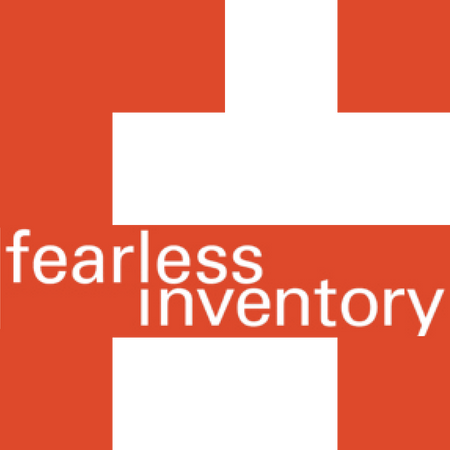Every 5 minutes or so, someone dies of a drug or alcohol related issue.* About half of fatal overdoses in America are from opiates. Half of violent offenders and a third of property offenders say they committed crimes while under the influence of drugs or alcohol, (not to mention the massive amounts of crimes committed in the organized supply chain of drugs).**
Addicts commit crimes to feed their habit, and hopelessness and social isolation feed addiction. I only see this getting worse as more people lose work, lose meaning, and lose community. Addiction is a mental health problem.
The approach to drugs and addiction needs to be systematically rethought- from treatment through to criminalization and sentencing. The odds of that seem slim right now since the current system is deeply entrenched with many vested interests who profit from the status quo.
Given that laws will not change overnight, what can we do?
Perhaps the recent state of emergency declared by several states to take on the opiate epidemic will help change attitudes in ways that help addicts get their lives together rather than letting them die or throwing them in prison. And if the opiate epidemic helps galvanize support around a rethinking of policies on drugs and addictions, it will be very good things that have come at a very high price.
Before I got clean, I spent time with opiates. Their appeal is strong, as is their pull to take more. Opiates can make physical and emotional pain fade away while keeping the mind more or less intact. A dozen or so years ago, an acquaintance used to go to work while sucking on a fentanyl lollipop that was prescribed for her back pain! She was functional but high as a kite.
Fast forward to now: Another friend of mine had major lung surgery to remove some metastatic cancer. She was not allowed to have any fentanyl to take home even though it was the only drug that helped her pain while at the hospital. On one hand, it’s good to see that prescription guidelines have changed so that opiates are harder to get- but at the cost of making some folks go without.
It’s great that naloxone is more widely available to save people who have overdosed. It’s good to hear conversation at high levels about addiction as a mental health problem and not a criminal problem. Still, I think that we are in a crisis of consciousness with people choosing to become unconscious through drugs and alcohol.
The best way to deal with addiction is to stop people from picking up and using in the first place. Providing more people with tools to deal with despair and isolation whether Cognitive Behavior Therapy, meditation, volunteer work. There are core mental health skills that we should teach to kids, adults, prisoners, and law enforcement.

What can we do? We can support organizations that try to bring these tools to people. September is National Recovery Month in America. Recovery Month is in its 27th year and is organized by The Substance Abuse and Mental Health Services Administration, the agency charged with leading public health efforts to advance the behavioral health of the nation. Recovery month helps recognize the success of those who have recovered while raising awareness of the mental and/or substance use disorders in our communities. We can volunteer or give to one of the many organizations that partner to make this month a success. You can find some in your state here. I particularly like efforts to teach mindfulness to teens, and in prison such as the Prison Mindfulness Institute. Or you can donate to programs that help youth get clean such Phoenix House.
Beyond giving money, you can give your time - or even just your attention. Be present in your interactions. We all unknowingly deal with people in despair each day - at cash registers, on the phone, at the office. Showing a genuine interest in someone else’s reality can not only help that person but will help you. Those micro-moments of being compassionate, smiling genuinely, listening, and generally treating others as you’d like to be treated make a difference and add up.
Let people in peril or in the grip of an addiction know that there is hope and recovery is possible. Plant the seed that others have prevailed through hard times. Individuals, family, and community can all play a crucial role in helping those who need it. I’ve heard from enough addicts to know that sometimes all it takes is a glimpse of light from another that lifts the veil of darkness that addiction hides behind. We are not helpless in the face of the tragedy of drugs. Upping our consciousness will up that of those around you and can save lives.
Sources
*Center for Disease Control and Prevention
**New York Times

